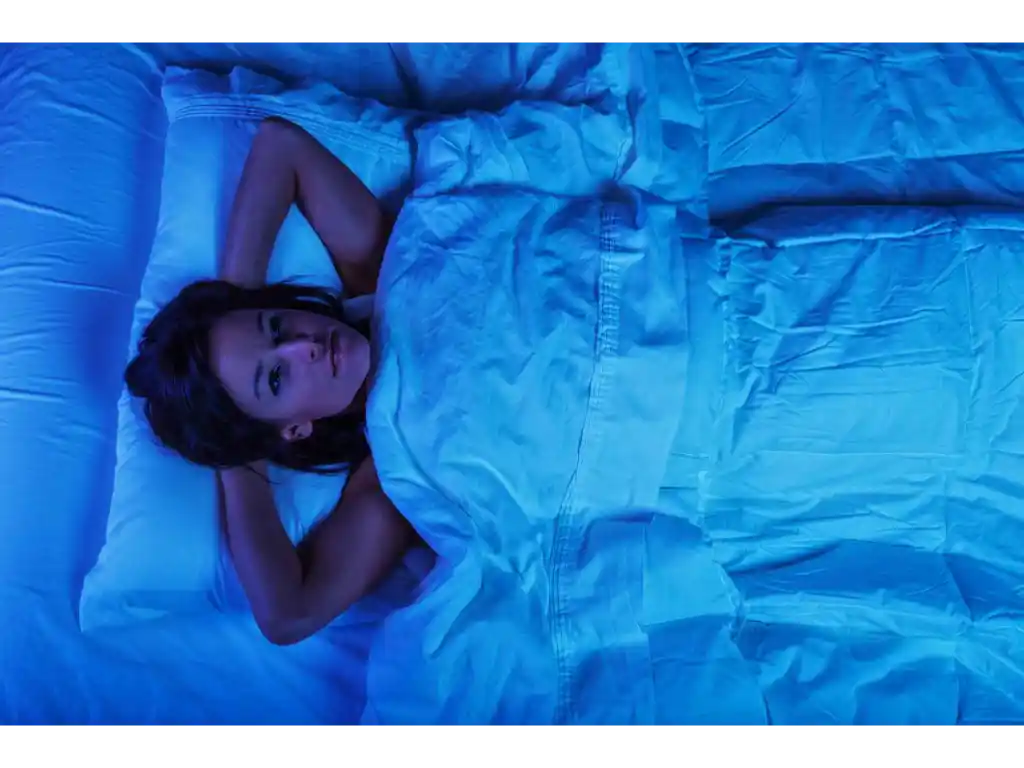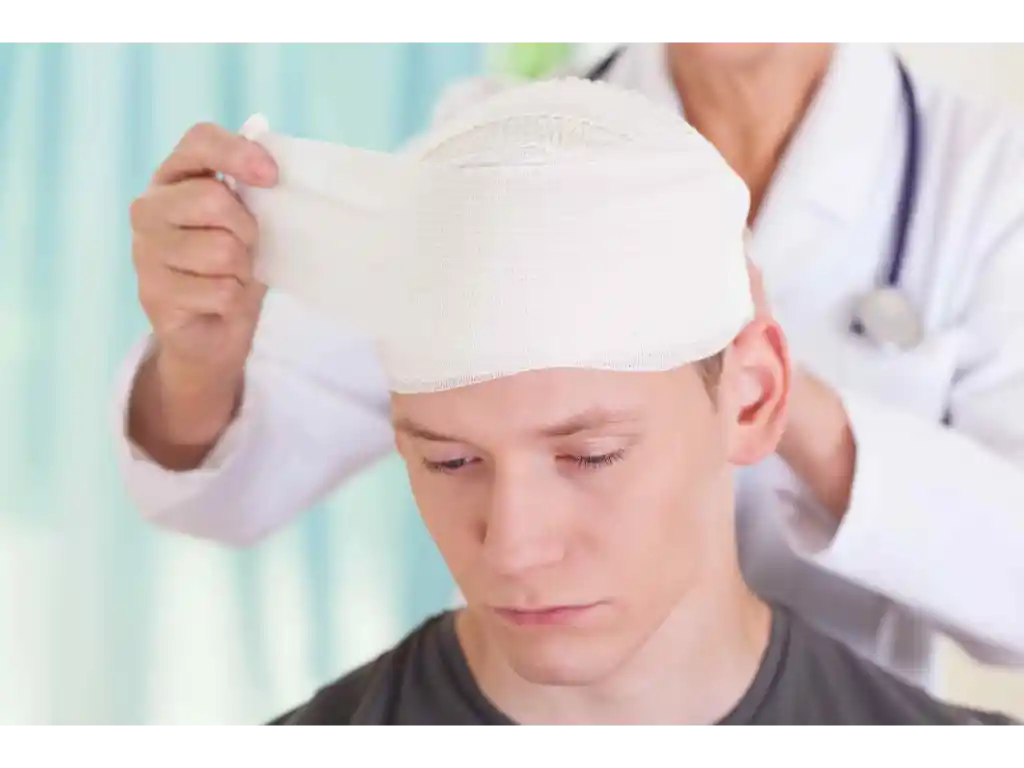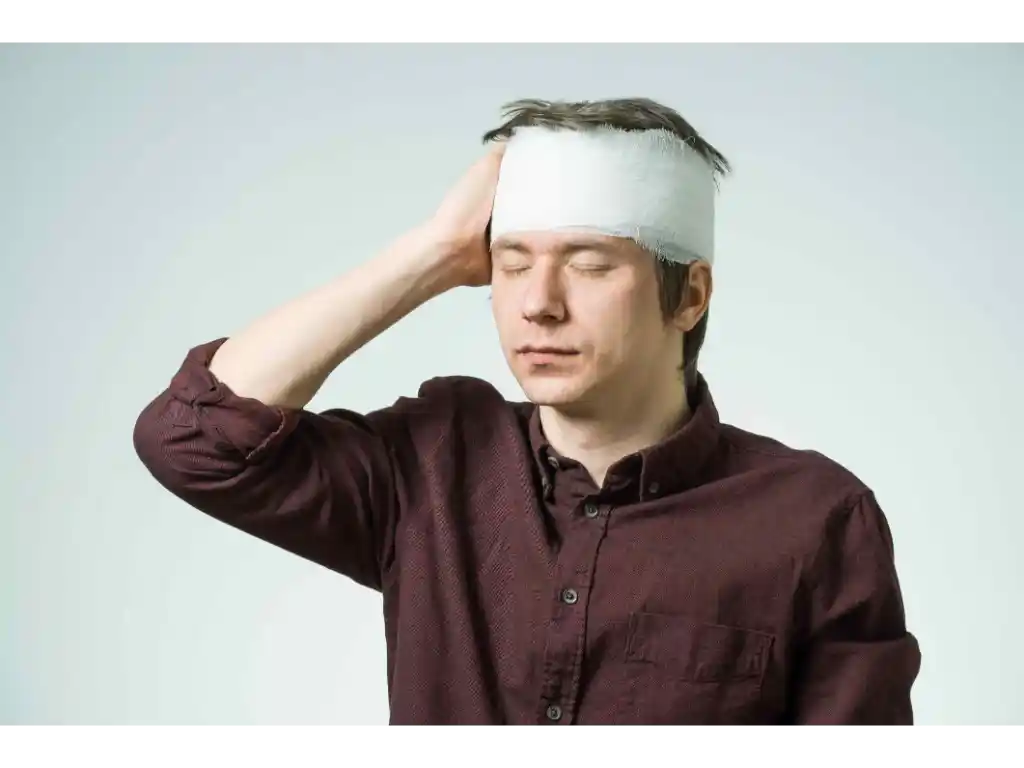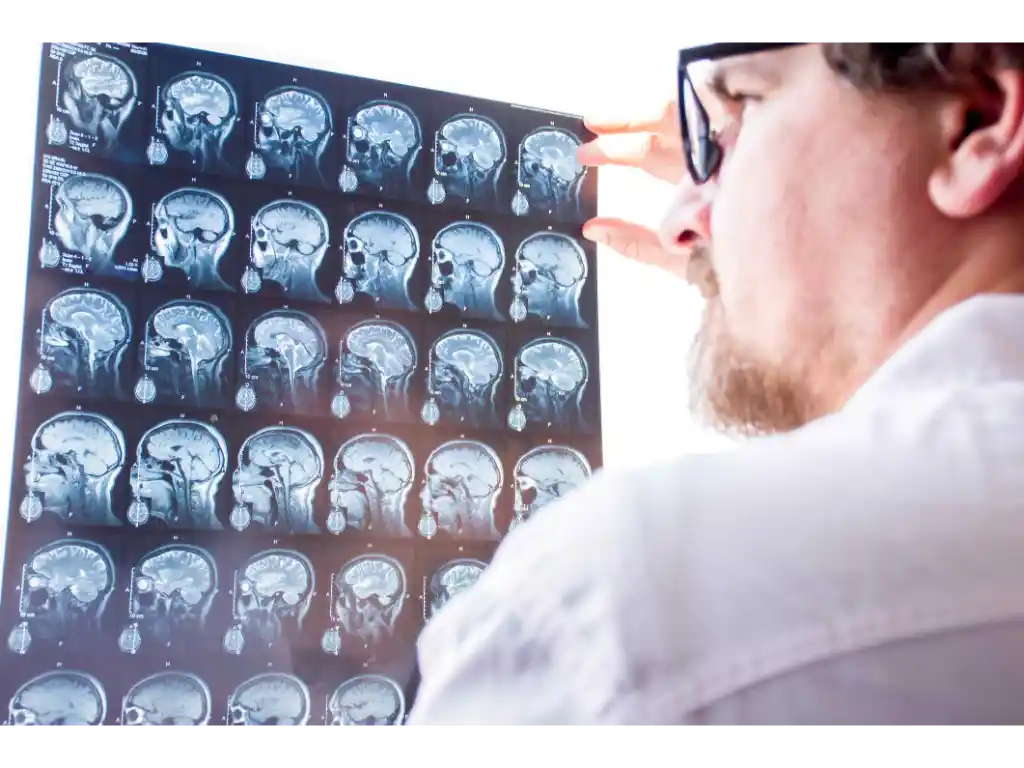
Young adults with TBI are at high risk for poor sleep quality.
More than half of children with traumatic brain injury (TBI) will experience sleep disturbances. Quality sleep is a cornerstone of healthy development during childhood, and poor sleep can adversely affect academic and cognitive performance, mental health, and behavior. These deficits are known to impact quality of life as the individual ages, suggesting that childhood TBI has serious long-term health implications. Researchers have studied these symptoms in adolescents, but have not followed up through adulthood. Additionally, most studies have only used subjective measures, such as sleep diaries or questionnaires.
While sleep outcomes measured by subjective patient reports may offer some insight, these measures are also vulnerable to inaccuracies. To gain a more accurate, objective assessment, a research team recently conducted a two-week study using actigraphy from a wristwatch that measures sleep duration (time spent asleep), sleep onset latency (time spent to fall asleep), wake after sleep onset (time spent awake after falling asleep), and sleep efficiency (ratio of total time spent asleep relative to total time in bed). The study aimed to gauge any long-term outcomes of childhood TBI among the participants, all of whom had experienced a TBI during adolescence more than 20 years prior.
Although the researchers found no significant differences between the childhood TBI group and a group of non-injured control participants using actigraphy, they suspected that sleep deficits related to TBI may resolve by 20 years post-injury, but still may be prevalent in the relatively shorter term, such as ten years post-injury. Sleep disturbances may occur in most young adults regardless of any past head trauma as a result of other factors associated with poor sleep, such as including simulants use (such as caffeine), substance use (such as alcohol), and increased screen time. These findings emphasize the need to expand routine evaluations and treatment for sleep disturbances in young adults, as they are particularly at risk. Additional longitudinal research using objective measures of sleep patterns in children who sustain a TBI would further clarify the role of TBI on sleep.
While sustaining TBI during adolescence can impact sleep, it is not the sole reason for poor sleep throughout a person’s life, as there are many common characteristics of daily life that can affect sleep quality. Efforts to make young adults more aware of their sleep quality may improve sleep among this vulnerable group, regardless of TBI status.
Botchway N, Godfrey C, Nicholas C, et al. Objective sleep outcomes 20 years after traumatic brain injury in childhood. Disability and Rehabilitation. (April 2019).
Ask A Question,
Tell Us Your Situation, &
Get A Free Consultation
Contact Us & We’ll Guide You Through Your
Next Steps!
Required Fields*
Your Information Is Safe With Us.
We respect your privacy. The information you provide will be used to answer your question or to schedule an appointment if requested.
Young adults with TBI are at high risk for poor sleep quality.

More than half of children with traumatic brain injury (TBI) will experience sleep disturbances. Quality sleep is a cornerstone of healthy development during childhood, and poor sleep can adversely affect academic and cognitive performance, mental health, and behavior. These deficits are known to impact quality of life as the individual ages, suggesting that childhood TBI has serious long-term health implications. Researchers have studied these symptoms in adolescents, but have not followed up through adulthood. Additionally, most studies have only used subjective measures, such as sleep diaries or questionnaires.
While sleep outcomes measured by subjective patient reports may offer some insight, these measures are also vulnerable to inaccuracies. To gain a more accurate, objective assessment, a research team recently conducted a two-week study using actigraphy from a wristwatch that measures sleep duration (time spent asleep), sleep onset latency (time spent to fall asleep), wake after sleep onset (time spent awake after falling asleep), and sleep efficiency (ratio of total time spent asleep relative to total time in bed). The study aimed to gauge any long-term outcomes of childhood TBI among the participants, all of whom had experienced a TBI during adolescence more than 20 years prior.
Although the researchers found no significant differences between the childhood TBI group and a group of non-injured control participants using actigraphy, they suspected that sleep deficits related to TBI may resolve by 20 years post-injury, but still may be prevalent in the relatively shorter term, such as ten years post-injury. Sleep disturbances may occur in most young adults regardless of any past head trauma as a result of other factors associated with poor sleep, such as including simulants use (such as caffeine), substance use (such as alcohol), and increased screen time. These findings emphasize the need to expand routine evaluations and treatment for sleep disturbances in young adults, as they are particularly at risk. Additional longitudinal research using objective measures of sleep patterns in children who sustain a TBI would further clarify the role of TBI on sleep.
While sustaining TBI during adolescence can impact sleep, it is not the sole reason for poor sleep throughout a person’s life, as there are many common characteristics of daily life that can affect sleep quality. Efforts to make young adults more aware of their sleep quality may improve sleep among this vulnerable group, regardless of TBI status.
Botchway N, Godfrey C, Nicholas C, et al. Objective sleep outcomes 20 years after traumatic brain injury in childhood. Disability and Rehabilitation. (April 2019).
Post tags
Table of contents
Related Blog Posts

Traumatic Brain Injury May Be a Risk Factor for Schizophrenia
Mental disorders are one of the most common outcomes of traumatic brain injury (TBI). About 1 in 3 individuals who sustain a TBI will develop depression in the following six months, and about half will…

Noise Sensitivity Following Mild Traumatic Brain Injury is a Predictor of Long-Term Post-Concussive Symptoms
The symptoms associated with mild traumatic brain injury (mTBI), also called concussion, typically resolve within a few weeks. One of the most common symptoms is noise sensitivity, which can cause discomfort and distress in loud,…

Is a Neuropsychological Exam Necessary After Suffering a Brain Injury?
After a person suffers a minor or severe brain injury, doctors often use MRI or C.T. scans to help identify lesions and determine if there is any neurocognitive dysfunction. However, even with a C.T. scan…

